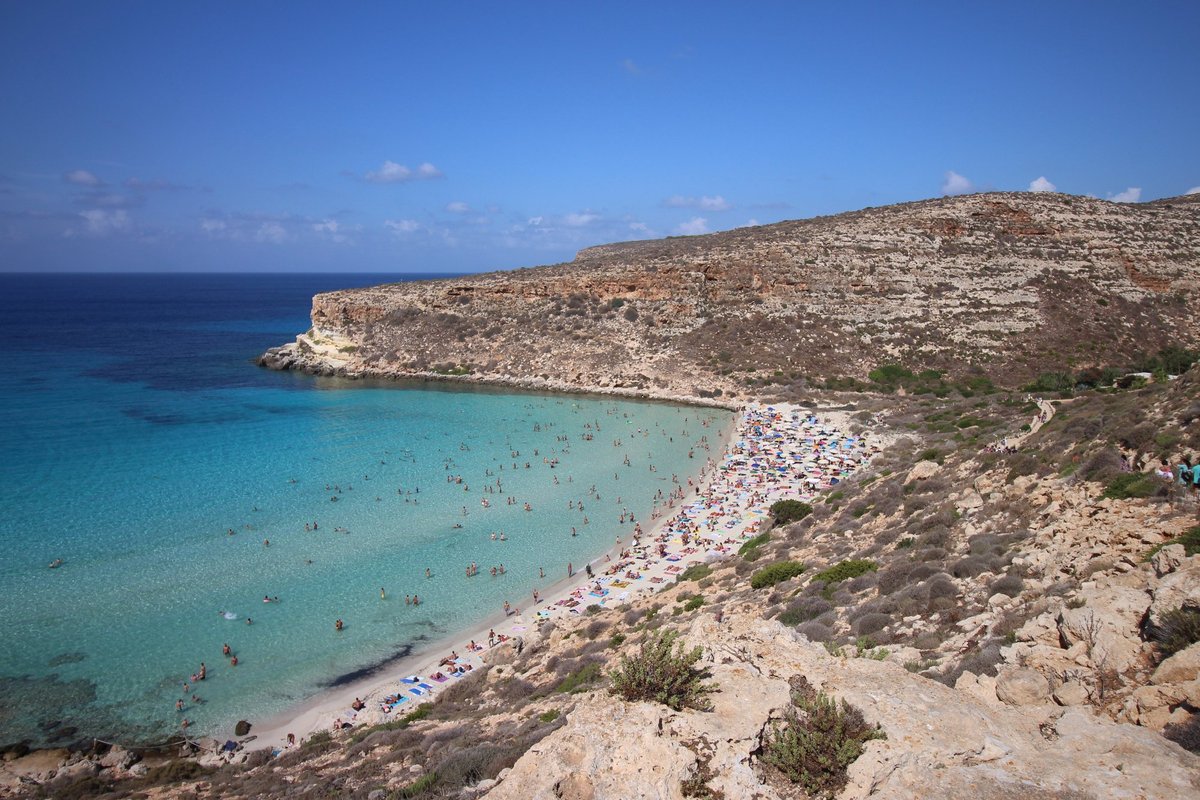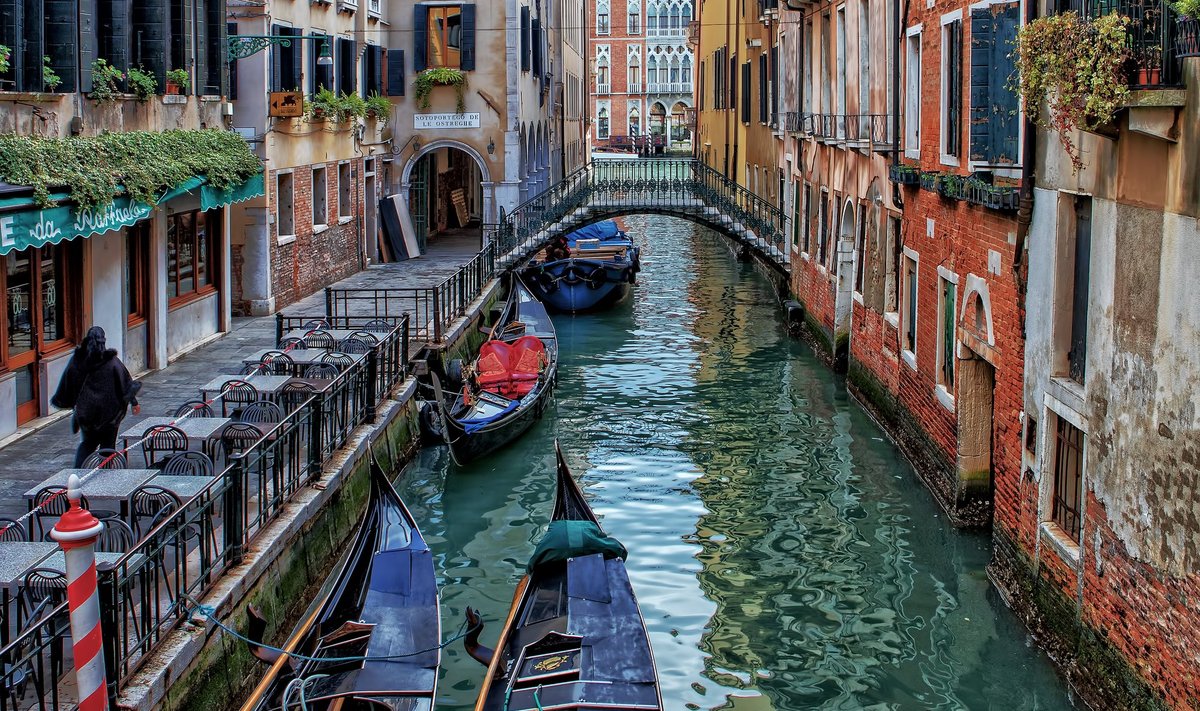A growing number of Italian cities are introducing rules of conduct for visitors. This step is being taken to regulate the flow of tourists and reduce the negative consequences of mass arrivals, according to Deutsche Welle.
In Venice, good manners are especially appreciated by guests. In northern Italy, this city, suffering from the negative effects of mass tourism, has long been a popular destination for travelers. This season, Venice has strict rules for visiting tourists, the violation of which entails significant monetary fines. It is forbidden, for example, to walk naked, leave the sidewalks and jump into the bathing channels. Settling is allowed only in places designated for this purpose; it is forbidden to occupy stairs, bridges, sidewalks, and wells.
Restrictions for tourists in Venice
Local authorities are keen to limit the number of tourists, especially day visitors who do not stay overnight in the city. Official statistics indicate that about 5.5 million tourists visited Venice in 2019. To this figure should be added visitors who spend only a day in the city, without spending the night, which significantly increases the total number of guests. However, control over this type of tourism is difficult. It was decided to postpone the introduction of a special entry fee for such guests until next year.
“Likely, this measure will first be tested for 20 days when the number of tourists in the city is especially high,” – said the representative of the city administration. “This is a difficult situation. Venice is becoming a pioneer in Italy in this matter. We want to ensure the right implementation. In this case, there are no precedents to be guided by.”
It is not only Venice that is taking steps to regulate mass tourism in Italy. According to the report of the Italian newspaper “Il Messaggero”, in one of the resort areas on the island of Sardinia, access control to popular beaches will be introduced. Only a limited number of places will be available each day and will need to be booked and paid in advance.

Record number of tourists in Italy
This year, a huge influx of tourists headed to Italy, more powerful than ever. According to the sociological institute Demoskopika, the country will break the record for the number of foreign visitors visiting it this year. It is predicted that their number will exceed 68 million, which is almost three million more than in 2019, before the start of the coronavirus pandemic. However, the large influx of tourists causes problems in many regions. This is especially true for small islands, where car traffic increases heavily during the summer months due to tourists.
Because of this, it was decided to ban the use of cars by tourists on the islands of Lampedusa and Linosa, located between Sicily and North Africa, as well as on the island of Procida off the coast of Naples. “This is the only solution that works,” said Procida Mayor Raimondo Ambrosio in an interview with Il Messaggero. “Our island is the most densely populated in Europe and logistics is a big problem for us.” 600,000 tourists come to this island every year, in an area of only four square kilometers.
Entry restrictions to the Fannes-Sennes-Prags National Park in the province of South Tyrol were also introduced this summer. Now visitors can enter the park only with pre-purchased tickets and are only allowed to use public transport, bicycles, or walk. Such steps are being taken to regulate the growth of the tourist flow. In addition, in South Tyrol, the issue of limiting the number of places in hotels for tourists is being considered.
Penalties for naughty tourists
In Portofino, a famous tourist destination on the Italian Riviera, the administration is also taking steps to manage the flow of visitors. During the summer months, thousands of tourists throng the port and the narrow streets of this picturesque village. To prevent chaos, this season Portofino allowed the police to fine violators of the rules of conduct. The amount of the fine can be up to 275 euros.
“According to the rules, you can not accumulate in areas where the movement of pedestrians is difficult and control should be carried out by the police,” said the mayor of Portofino Matteo Viachava. “This is a security measure. Travel agents and guides now have to make sure that some places do not accumulate too many tourists.”
In addition, the mayor of Portofino draws attention to those tourists who do not comply with the norms of decency. In early May, the authorities of this village introduced an additional rule: now you can’t walk barefoot, in a bikini, or with a bare top throughout Portofino.

